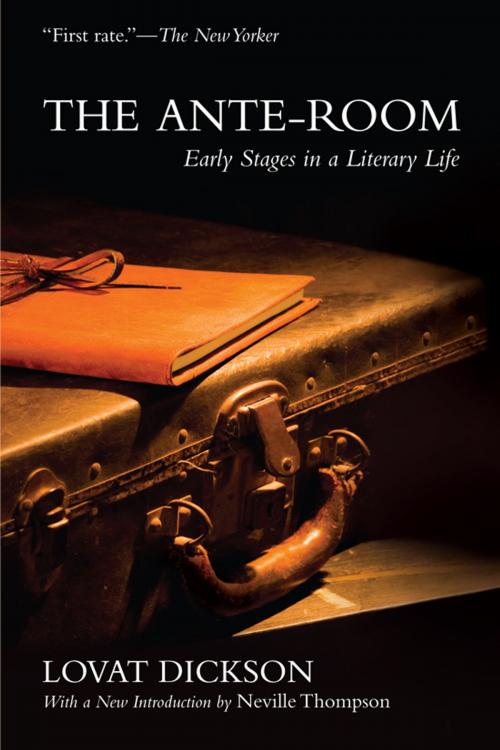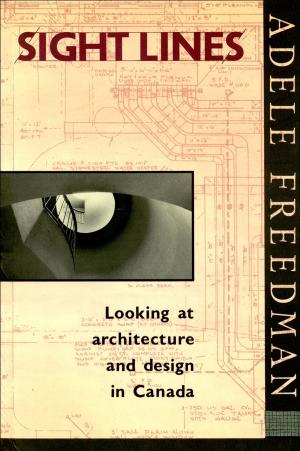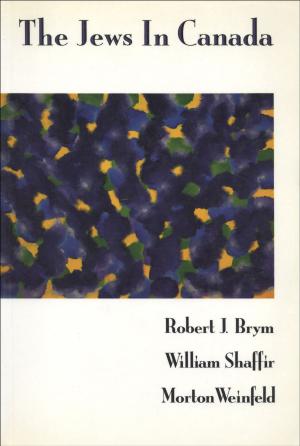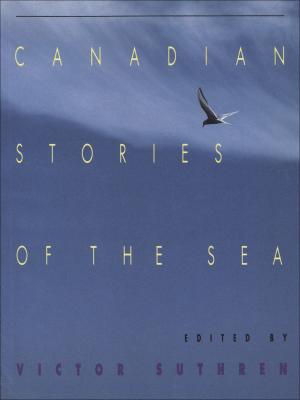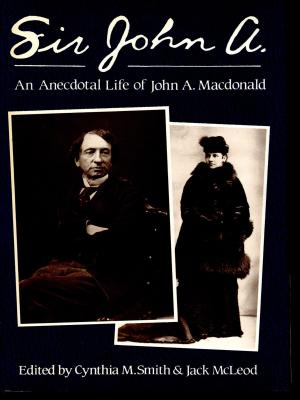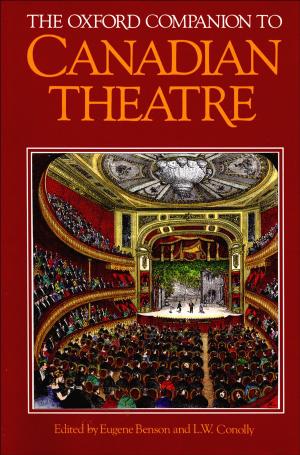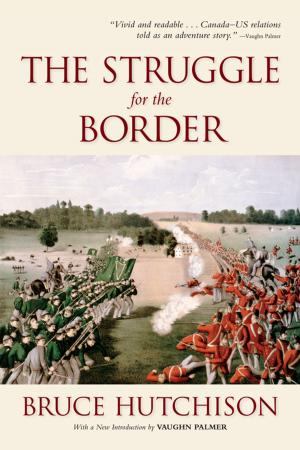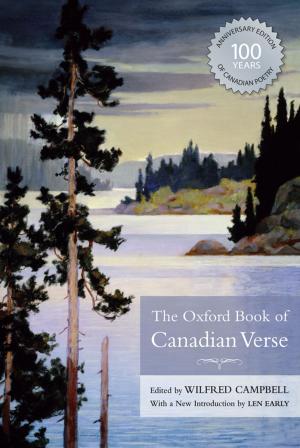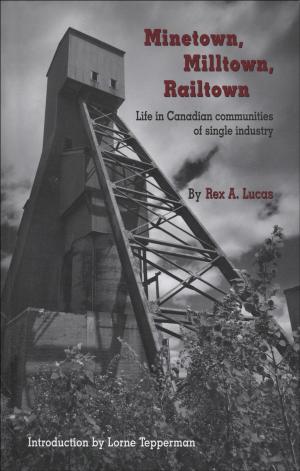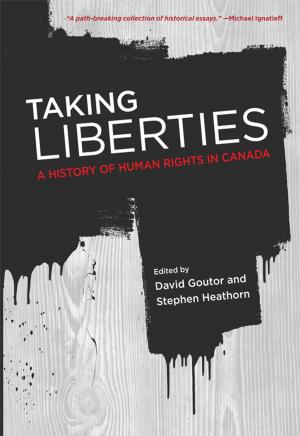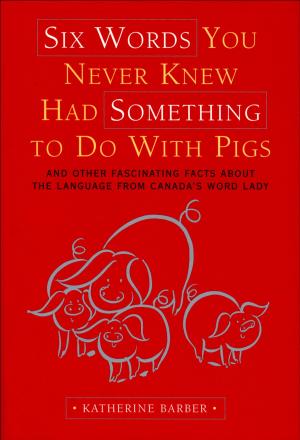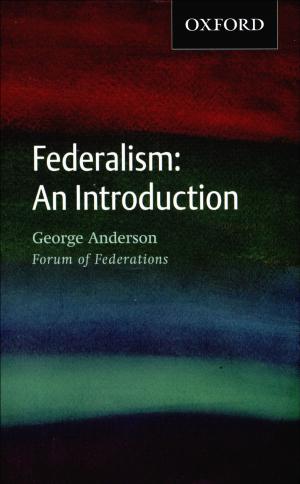| Author: | Lovat Dickson | ISBN: | 9780199010974 |
| Publisher: | Oxford University Press Canada | Publication: | July 11, 2013 |
| Imprint: | Language: | English |
| Author: | Lovat Dickson |
| ISBN: | 9780199010974 |
| Publisher: | Oxford University Press Canada |
| Publication: | July 11, 2013 |
| Imprint: | |
| Language: | English |
This fascinating biography lies at the intersection of storytelling and Canadian experience in the rapidly modernizing late British Empire. Author and publisher (Horatio) Lovat Dickson (1902-87), known as Rache, recalls his travels throughout the Empire as the son of a mining engineer father alongside his developing love of words. Descended from an Empire-loving colonial family of "romantic Scots," who kept the "lone shieling of the misty island" enshrined in their imaginations, children grew up with "tales of long voyages . . . bred in the bone." Rache's own fascination with words and storytelling pulls him irresistibly, if not without difficulties, toward the world of letters. A compelling and dramatic story, it was called "first rate" by The New Yorker and "attractive and durable" by the New Statesman when first published in 1959. Nearly twenty years later, The Ante-Room was recorded by Dickson in daily instalments for the CBC's Morningside, and by popular demand was rebroadcast the following year.
This fascinating biography lies at the intersection of storytelling and Canadian experience in the rapidly modernizing late British Empire. Author and publisher (Horatio) Lovat Dickson (1902-87), known as Rache, recalls his travels throughout the Empire as the son of a mining engineer father alongside his developing love of words. Descended from an Empire-loving colonial family of "romantic Scots," who kept the "lone shieling of the misty island" enshrined in their imaginations, children grew up with "tales of long voyages . . . bred in the bone." Rache's own fascination with words and storytelling pulls him irresistibly, if not without difficulties, toward the world of letters. A compelling and dramatic story, it was called "first rate" by The New Yorker and "attractive and durable" by the New Statesman when first published in 1959. Nearly twenty years later, The Ante-Room was recorded by Dickson in daily instalments for the CBC's Morningside, and by popular demand was rebroadcast the following year.
